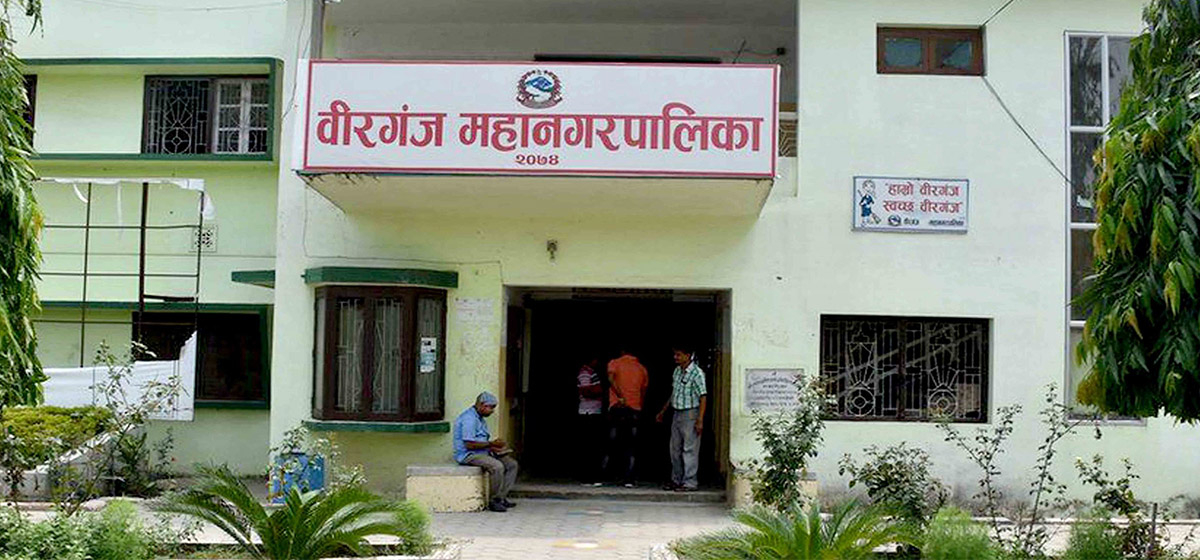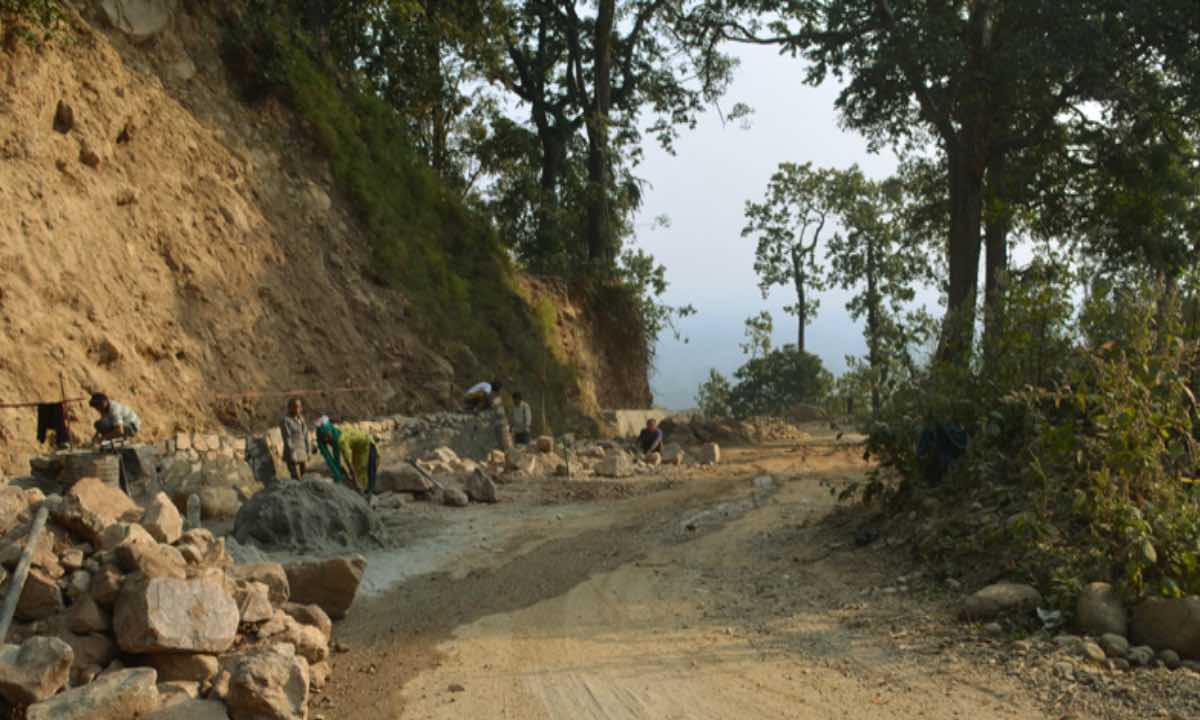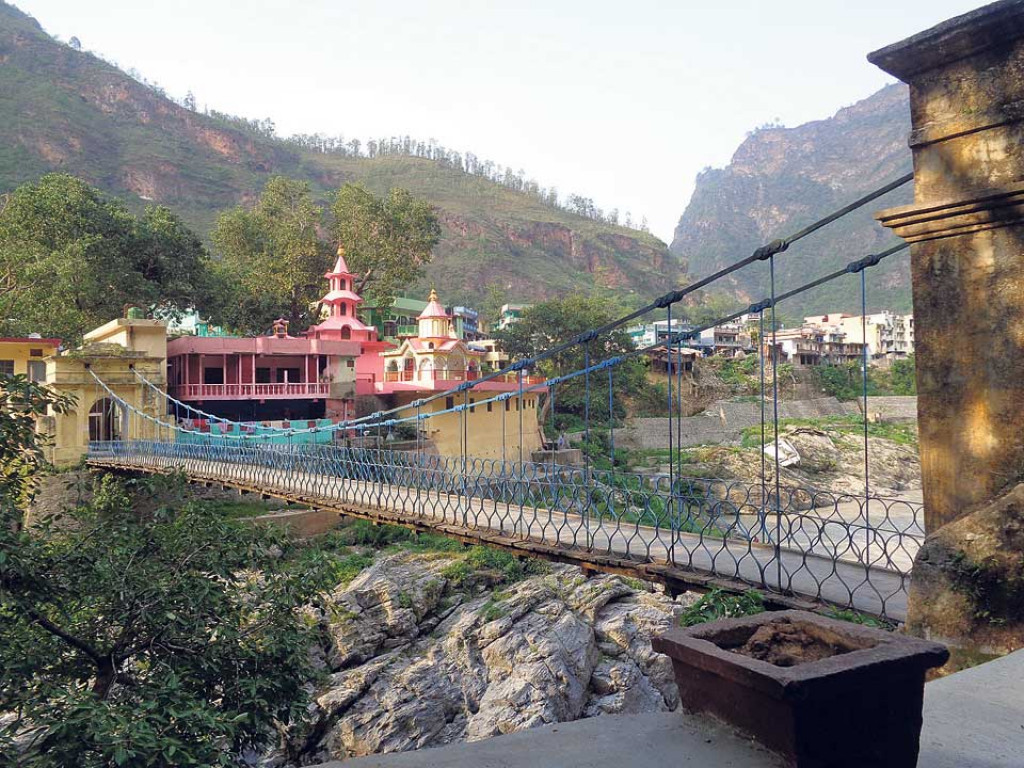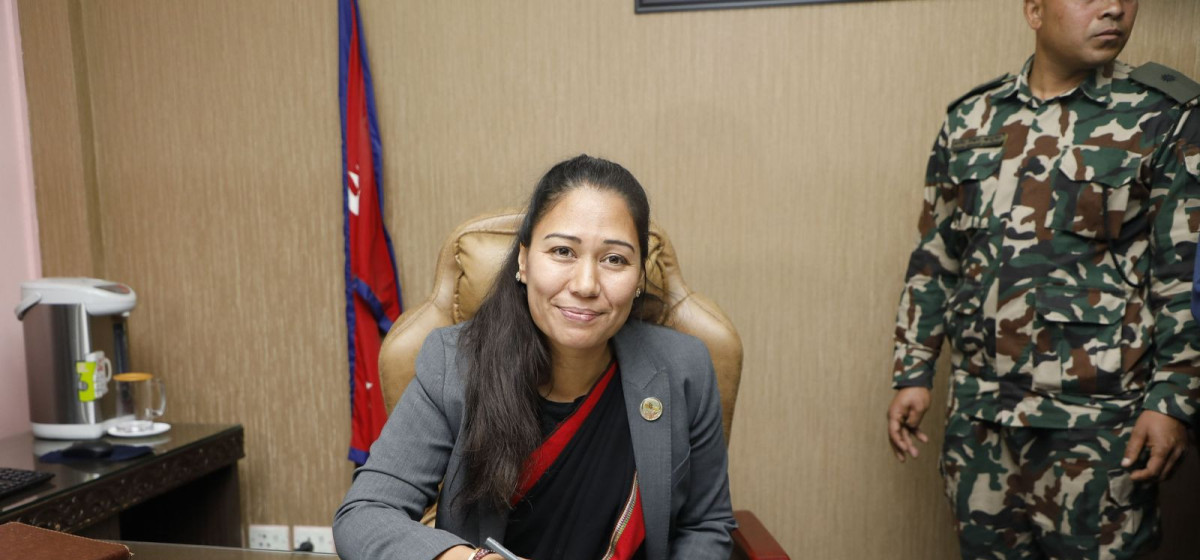
OR
Bill to amend Nepal Army Act
Published On: January 2, 2019 02:00 AM NPT By: Republica | @RepublicaNepal
When it comes to administering punishment to crimes committed by its officials and soldiers, Nepal Army enjoys absolute authority. If an army personnel is found to have committed crimes while in duty, it is the Military Court that receives complaint, investigates it and rules verdict. This applies to the cases of torture and involuntary disappearance as well. We have faced the consequences of this provision already. Nepal Army Colonel Kumar Lama was arrested in London during a personal visit there in 2013 in response to complaints from victims of torture that they were subjected to repeated beatings and electric shocks at Gorusinghe Barracks in 2005 during the Maoist insurgency. If cases of torture and disappearance were pulled from jurisdiction of the Military Court and brought under civilian courts, according to the legal experts, incident like that of 2013 could have been avoided.
In this context, the government’s initiative to register a bill to amend Nepal Army Act (2006) in the parliament to bring cases of torture and involuntary disappearance to civilian courts from the jurisdiction of Military Court is a welcome move. This move, initiated by Ministry of Defense, can go a long way in bringing such crimes to watch of civilian courts and also deliver justice to the victims and punishment to the perpetrators. The cabinet has already endorsed Some Nepal Acts Amendment Bill, with revisions of Section 62 and 66 of Nepal Army Act. It will be presented in the parliament for final endorsement. So far, Nepal Army has been settling corruption, theft, torture and disappeared-related crimes involving its personnel through Military Court. Once this bill is passed it allows civilian courts to deal with army personnel involved in rape, murder, torture and disappearances. Human rights activists had long been demanding the same for army was alleged to be not punishing those accused of involvement in torture and disappearance during the Maoist insurgency.
As things stand, cases involving military personnel in torture and disappearance of civilians during Maoist insurgency remain yet to be settled. The Truth and Reconciliation Commission (TRC) and Commission of Investigation on Enforced Disappeared Persons (CIEDP), the transitional justice mechanisms, formed to deal with conflict-era cases, have received above 60,000 and 3,300 cases respectively. A number of these cases may be related with disappearance and torture committed by Nepal Army personnel. Once the civilian courts are allowed to deal with such cases, we believe, Nepal will be able to ensure justice to at least some of the victims. Bringing cases of disappearance and torture under civilian courts will also deter Nepal Army personnel from engaging in such acts in the future. It will send the message that civilian courts might try them even if Military Court may acquit them. It will also be a step toward democratizing Nepal Army, one of the rallying cries of post-2007 political order, making our defense system more accountable. With the existing provision, Military Court enjoys the role of the judge, the jury and the executioner. Current bill seeks to redefine this role of Military Court for good, which is why it must be taken in a positive light.
You May Like This

Probe the fake credentials
We are used to with cases of top government officials, including the chief justice of the Supreme Court, altering date... Read More...

Motorcyclist dies after being struck by Army truck
KATHMANDU, Sept 5: A motorcyclist died after being struck by an Army truck at Tripureshwor in Kathmandu on Thursday. ... Read More...

Lower House approves various proposals
KATHMANDU, Mar 2: The today's meeting of the House of Representatives, the lower house of Federal Parliament, approved the proposal... Read More...
Just In
- KMC to organize a month-long skill fair from May 1
- Birgunj Metropolis collects over Rs 360 million in revenue
- NEPSE plunges below 2,000 points after one and a half months; daily turnover declines to Rs 2.10 billion
- AI Index Report-2024: AI still behind humans on complex tasks like competition-level mathematics
- Daiji-Jogbudha road construction at snail’s pace
- Govt fails to adopt podway technology despite its potential in Nepal
- Jhulaghat border crossing in Baitadi to remain closed from this evening
- Universities will be free from partisan interests: Education Minister


















Leave A Comment